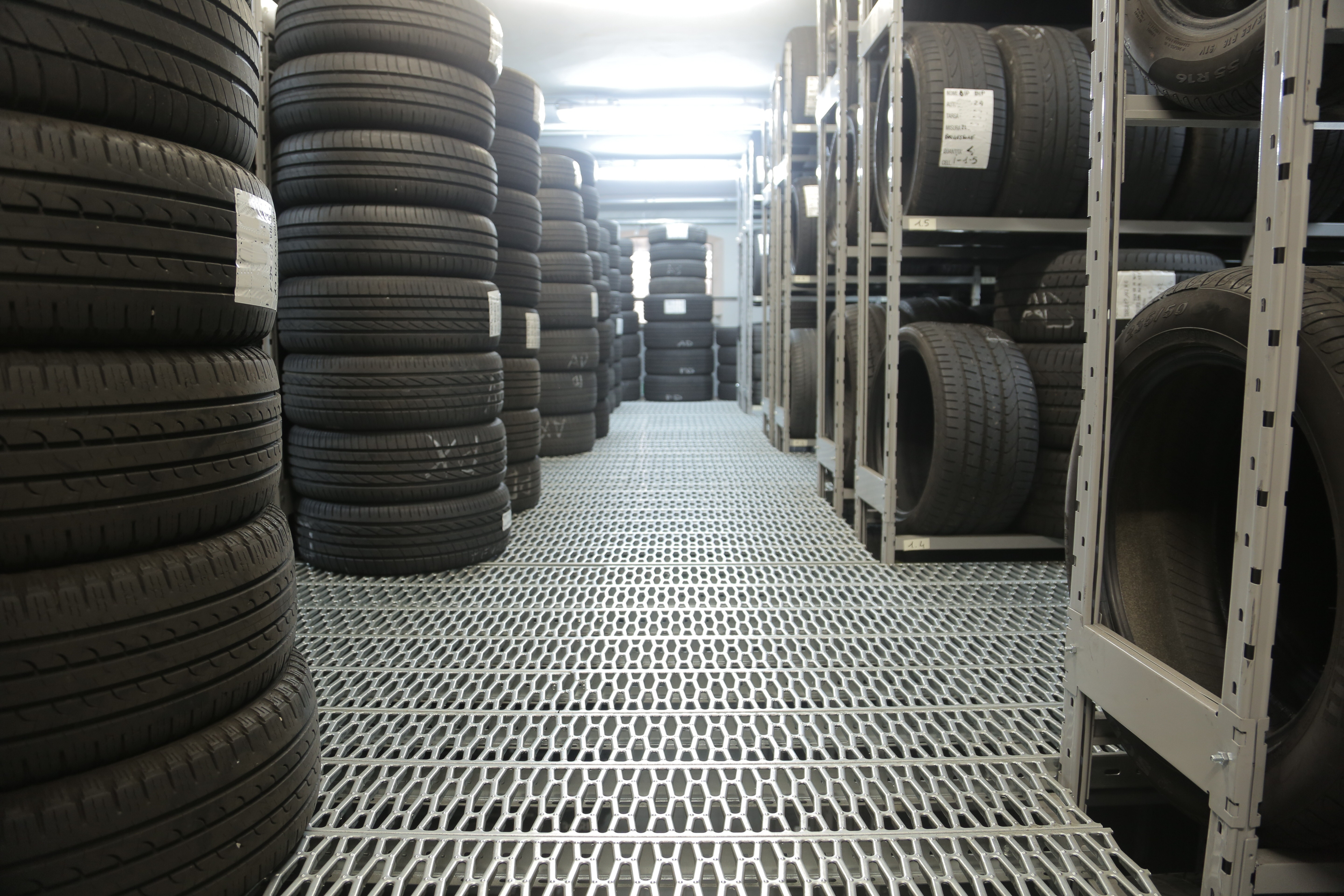Tyre balancing is a key part of car maintenance – it helps make sure that weight is evenly distributed around the entire circumference of your car.
Signs your tyres need to be balanced
If a car has out of balance tyres then it can cause uneven and faster than normal tread wear, poor fuel economy, and vibration in the steering wheel, floorboard or the seats (and gets worse at high speeds).
When a vehicle is perfectly balanced, all areas are an equal weight and the tyres run smoothly. This is ideal, as it allows for even wear and to ensure you get the longest life out of your tyres.
Furthermore, balanced tyres also contribute to passenger and driver comfort. With tyres that are not properly balanced, it causes vibration, such as a vibrating steering wheel or tremors in the rear, noticeably on the seat or floor.
If you have an imbalance in your tyres, it can be easily corrected by attaching small weights to the wheel.
How do tyres become imbalanced?
The most common cause of tyre imbalance is due to everyday wear and tear, however, it can also be caused by an imperfection in the manufacturing.
Also, tyres and wheels don’t always have precisely the same or accurate and equal weight distribution. Sometimes, a small difference in weight can be enough to cause a vibration when driving.
How can you rebalance your tyres?
Typically, rebalancing wheels is performed in a professional tyre shop or by a tyre specialist. It involves placing the wheel-tyre unit on a tyre balancing machine and taking measurements. This helps pinpoint which of the tyres are unequal, such as lighter or heavier areas. From here, adjustments are made to account for the weight differences spotted.
The optimum time for getting your tyres balanced is when the tyres are being rotated, or your tyres are being replaced.
What’s the difference between ‘balancing’ and ‘alignment’?
Both these terms are part of proper car maintenance, however, they are not the same.
Wheel alignment refers to the correct angles of the wheels, as this ensures that they are all travelling in the right direction and that they contact the road properly. A correct wheel alignment reduces uneven tyre wear and helps extend their life.
Tyre balancing, on the other hand, refers to the equal weight of all the tyres in order for them to run smoothly. Proper weight distribution across them allows for even wear of the tyres and ensures that you get the longest life out of them.
Tyre balancing and wheel alignment are often mistakenly thought of as the same thing, but as defined above, they’re definitely not!
When should you get your tyres balanced?
There are several key indications that your tyres are imbalanced and in need of fixing, or an optimum time when you should get them sorted:
- Vibration in the steering wheel, floorboard or seat
- You’re having your tyres rotated
- A flat or tyre that is in need of repair
- Buying new tyres
- The weight on the rim falls off
- Noticeable uneven tyre wear
Contact Longbridge Tyres
If you’re interested in the services of a premium tyre dealer in the Birmingham and Solihull areas, then look no further than Longbridge Tyres.
We are a local and independent dealership that supply new tyres, replacement tyres and performance tyres for all types of vehicles. You can contact us today by calling 0121 457 7582 or by filling out our online contact form, and we’ll be in touch with you soon.



 Oct 20,2021
Oct 20,2021 Sw_sbz
Sw_sbz




